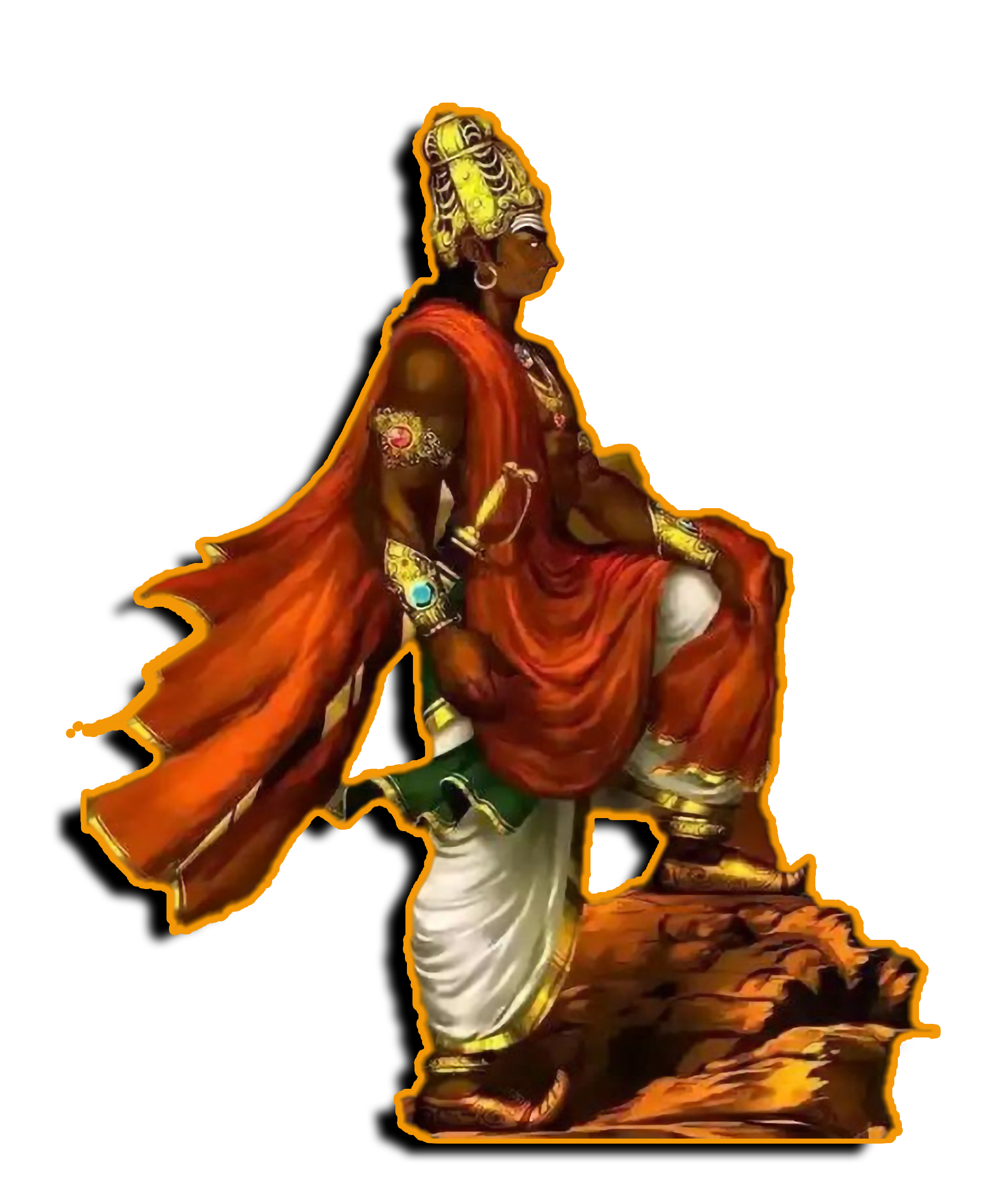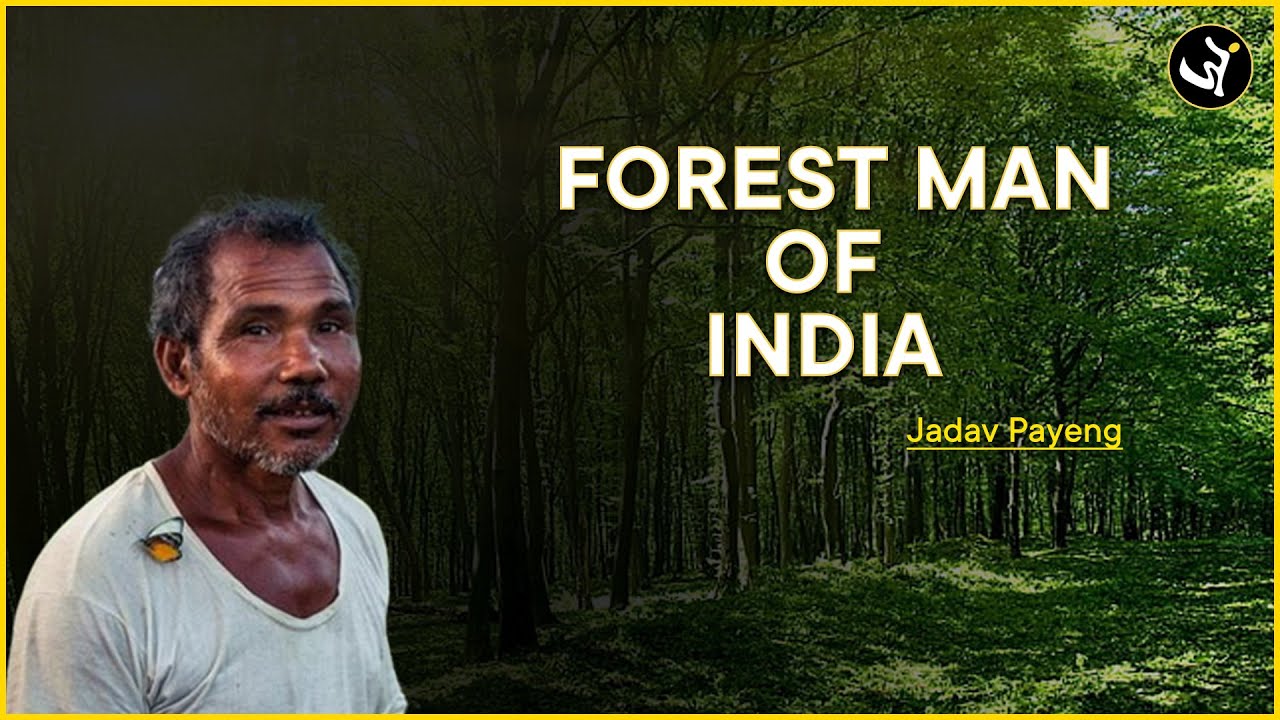Buxi Jagabandhu was one of the early freedom fighters of India, who led the Paika Revolt In 1817.
Introduction
"A true warrior fights not because he hates what is in front of him, but because he loves what is behind him." These lines of G.K. Chesterton stand correct when you are talking about Jagabandhu Bidyadhara Mohapatra Bhramarbara Raya popularly known as Buxi Jagabandhu.
Some of you might be knowing his name, but I bet most of you didn’t ever hear about him earlier. But, don’t worry as In this article we shall be discussing with you the life journey of this son of Indian soil. We won’t be discussing the way he died, but the core topic of discussion for this video will be, How Glorious Life, Bakshi Jagabandhu lived.
Early Life
Bakshi Jagabandhu was born at Rorunga a place near Puri in Odisha. As far as his year of birth is concerned, It is a matter of controversy. Yet as per the general beliefs of the locals, he was assumed to be born in the year 1773, we do not make any claims regarding this date to be true. But one thing that is for sure can be committed is the leadership skills possessed by Bakshi Jagabandhu were a combination of Inherited Qualities from his Fore-Fathers and the Struggles he faced In his entire life.
Background
Bakshi Jagabandhu belonged to a noble family of the khurda kingdom of Odisha, and for their services to the throne for generations, this family was highly decorated with the Jagirs, by the rulers of the Khurda Kingdom of Odisha.
Buxi A Name Or A Title
Buxi Jagabandhu was one of the early Freedom fighters of India, Yet It is a matter of no surprise that his actual name was Jagabandhu Bidyadhara Mohapatra Bhramarbara Raya and Buxi or Bakshi was the title, that was Inherited from his Forefathers, this title was only given to the commander of the forces of the king of Khurda. So the Importance of this title needs no further explanation.
Important Background to Know
To understand the dispute between the British and Jagabandhu we need to understand the map of Odisha and some political background of this region.
In this map, it can be seen clearly that Odisha is a coastal state which shares borders with Andhrapradesh In the south and With West Bengal In the north. There was nothing different in India during the Colonial Era. Except, during that era, Andhra Pradesh was the part of Madras Presidency and West Bengal was the part of Bengal Presidency, Which Also Included East Bengal which today is known as Bangladesh.
To make It easier for you to correlate this topic, let’s move ahead. After the annexation of Bengal in 1757 AD and Madras In 1801 AD, the Evil British East India Company tried to capture Odisha, either by hook or crook. Regarding the acquisition of Odisha by the Britishers, a series of Negotiations took place between the Marathas and the Britishers, as the Marathas were the ruling power of that region at that time. After countless attempts and failures in the negotiations with the Marathas, Evil Officials of the Cruel British East India Company decided to march an attack on the Maratha powers of Odisha.
In this series, Colonel Harcourt of the British East India Company reached Gajam In Odisha on 8 September 1803, with his 5000 troops. He also ordered a march of the second force in Cuttack so that It can become his ReInforcement when needed. The motive of both these advancing forces was, to wipe out Marathas in this region and establish British Control, In which they got success Ultimately. On December 17th,1803 Raghogi Bhonsle II of Nagpur surrendered Cuttack Province to the Britishers, which marked the beginning of the Control Of the British East India Company in this region.
Political Scenario
After the annexation of the Cuttack, the British East India Company didn’t stop, over a period of time they gained control over the entire Odisha, which also included the territories of Gajapati. Having gained control of that region, the British East India Company started ruling the land according to their will. The policies of the newly formed regime of the company were made, by keeping their own Interest In consideration, even If it cost them to compromise the Interests of the locals of Odisha. This resulted in the feeling of hatred and dissatisfaction for the British East India Company, In the common people.
The Repressive Policies Of The British East India Company
After gaining political control over the state of Odisha, the British East India Company Imposed a new land revenue policy, which acted as a spark in the Gunpowder. You might be thinking how? Well as per the earlier policy, the land owned by the common people was tax-free completely. As It was given to them by the king In return for their services In the military, as the army In Odisha In those days consisted of the common people who used to work as farmers in the time of Peace and as soldiers in the time of war. These people were known as Paika, and the new land revenue policy affected them the most.
According to the new land revenue policy, the lands which were awarded to the Paikas by the previous regimes were taken away by Major Fletcher of the company, as the services of the Paika army were no longer needed.
The Dispute Between British East India Company and Bakshi Jagabandhu
Bakshi Jagabandhu was the Commander In Chief of the army of the Paikas, which was completely disbanded after the formation of the new Regime of The British East India Company in the region. Some historical texts put light on his Personal life and the nature of Bakshi Jagabandhu, as per those texts, Jagabandhu was the commander of the Khorda Army and himself an Inherited Zamindar, but he was a man of high values and use to treat the poorest of the poor with due respect. His popularity and respect among the people can be Judged by an Incident when his land was abducted by the company and he was forced to live the life of a nomad. The people of Khurda opened the gates of their resources for him and his family. This symbolizes the bond between the people of khurda and Buxi Jagabandhu. Therefore when the heavy tax was Imposed by the British East India Company against the common people and when their lands started getting abducted by the company with force, this triggered rage in the heart of Buxi Jagabandhu as well.
Buxi Jagabandhu the First Freedom Fighter
As per the references of a few historical books like Khorda Itihas Antarale, Sutahat, Bakshi Jagabandhu: The Path Finder Of Freedom Movements of India, and a few other important books, when the kingdom of khurda fell into the hands of the British East India Company, Initially, people believed that the company will help contribute to improving their standards of living, But gradually found that how the company Is deteriorating their financial health. The deteriorating financial health of the people of khurda developed a feeling of mass dissatisfaction and hatred for the Company Government. The anger born out of this dissatisfaction acted like the Spark In the gunpowder, As It was 1st April 1817 when after the failure of every kind of negotiation Buxi Jagabandhu declared a revolt against the British East India Company.
Significance Of The Revolt
The fire of the revolt lit by Jagabandhu took the entire Odisha In Its clutches, British soldiers, spies, and Informers were killed by the locals very brutally. Paikas and common people from khurda and other regions joined him to defeat the company. Initially, the revolt seemed to be gaining success, but it was like a massive castle made from sand on the beach of the sea, which was waiting for a tide for Its destruction.
Suppression Of the Revolt
When the revolt was at its peak, Jagabandhu approached King Mukunda Dev who was the former king of Khurda and currently living the life of a company Vassal, In order to request his support for the revolt. The king denied his support and the revolt which was at its peak didn’t last long In front of British Technology and the absence of a leader.
Conclusion
After the failure of the revolt, Buxi Jagabandhu was forced to live the rest of his life in the jungles, and as per the statements of some other writers, It is unclear whether he was captured or murdered later by the company officials, or he committed a surrender. Buxi Jagabandhu was a true hero, who led the first war of Independence, for his contribution to our freedom struggle, he will always stay alive in our hearts.









